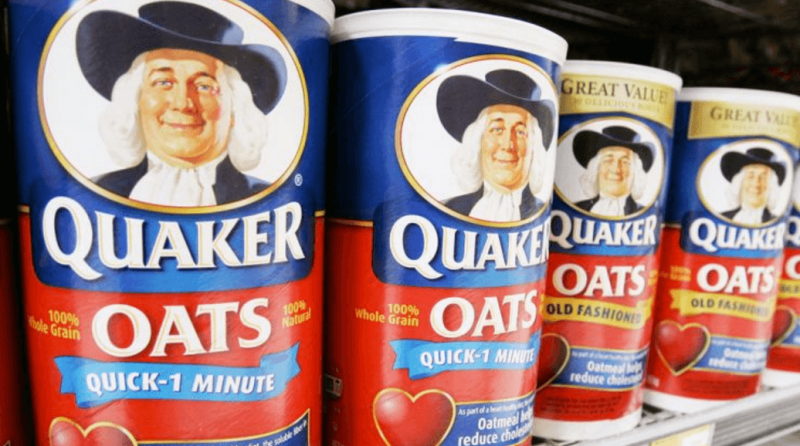The GLP aggregated and excerpted this blog/article to reflect the diversity of news, opinion and analysis.
A lawsuit seeking to be certified as a class action has been filed on behalf of consumers in New York and California against the owner of Quaker Oats after testing found traces of the pesticide glyphosate in some oatmeal.
While the level of glyphosate. . . detected in the oatmeal falls well below the limit set by federal regulators for human consumption, the lawsuit accuses Quaker of false advertising because it markets the oatmeal as “100% natural.”
Quaker, which is owned by PepsiCo, says on its website that the oats used in its products are grown in an environmentally responsible way. “Since oats require less herbicide spray than many other grains, there is less risk of pollutants and groundwater contamination,” it says.
The lawsuit, filed in Federal District Courts in New York and California, contends that such statements are false and misleading. . . .
. . . .
A test paid for by lawyers for the plaintiffs, the Richman Law Group, found glyphosate at a level of 1.18 parts per million in a sample of Quaker Oats Quick 1-Minute. This is roughly 4 percent of the 30 parts per million that the Environmental Protection Agency allows in cereal grains.
. . . .
Kim Richman, the lead lawyer of the firm representing the plaintiffs, said the amount of glyphosate was not the issue. “The issue is that Quaker advertises these products as 100 percent natural, and glyphosate in any amount is not natural,” he said.
. . . .
The plaintiffs are seeking refunds for purchasers. They also are asking that PepsiCo either be required to reformulate the products or disclose the presence of glyphosate in them.
Read full, original post: Quaker Oats’ 100% Natural Claim Questioned in Lawsuit































